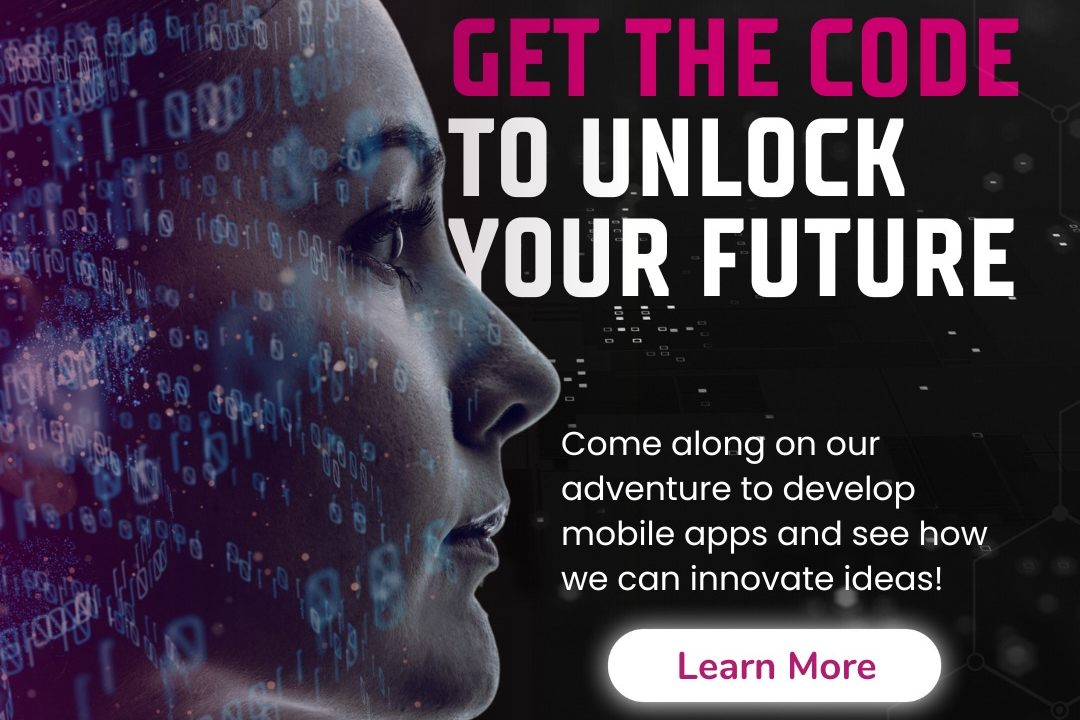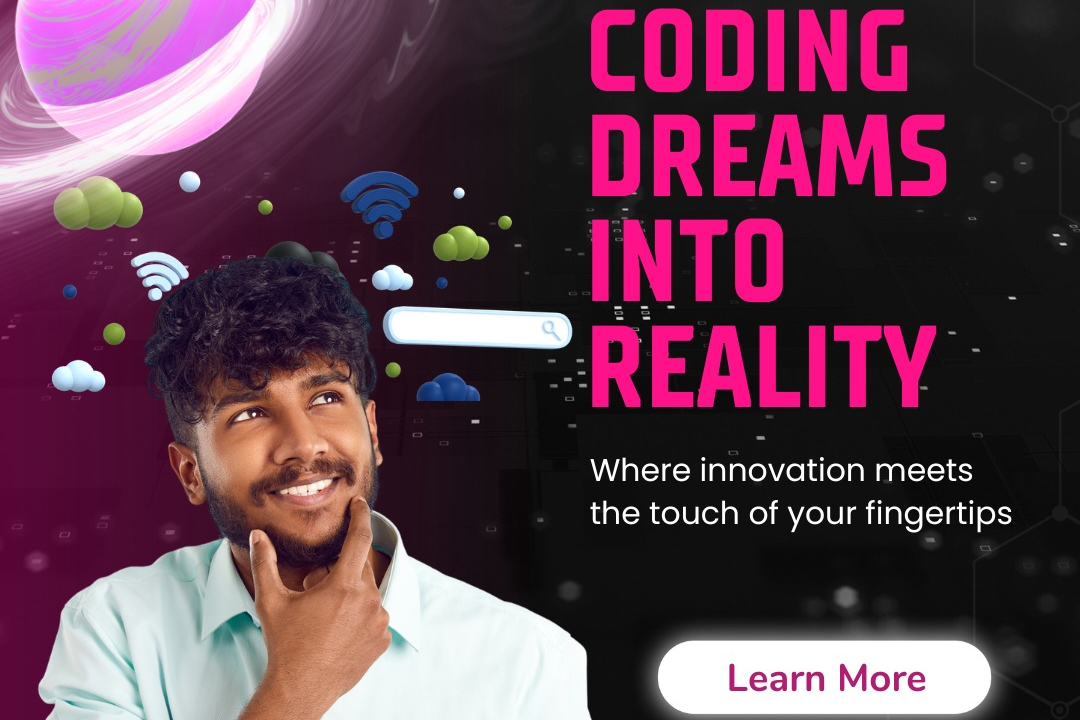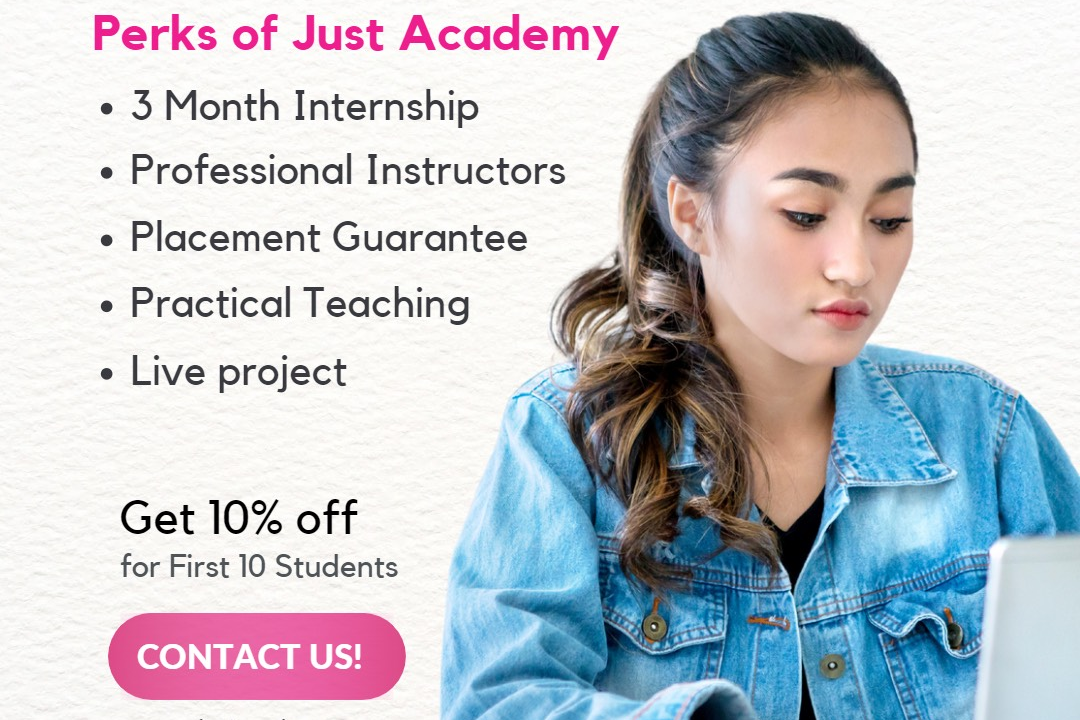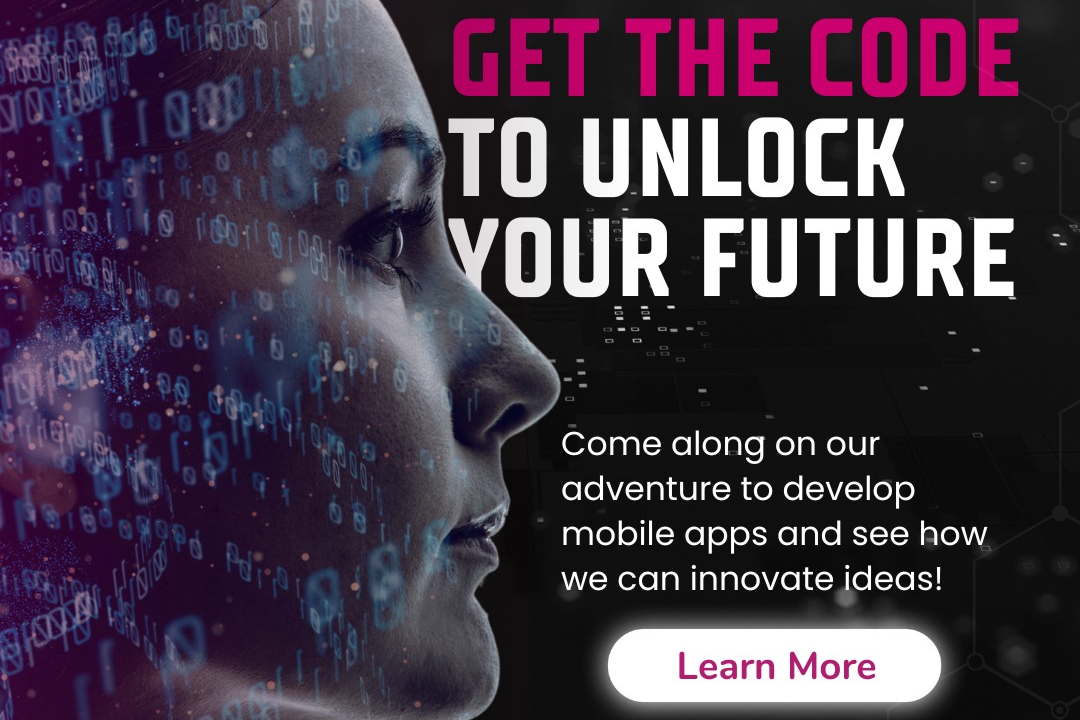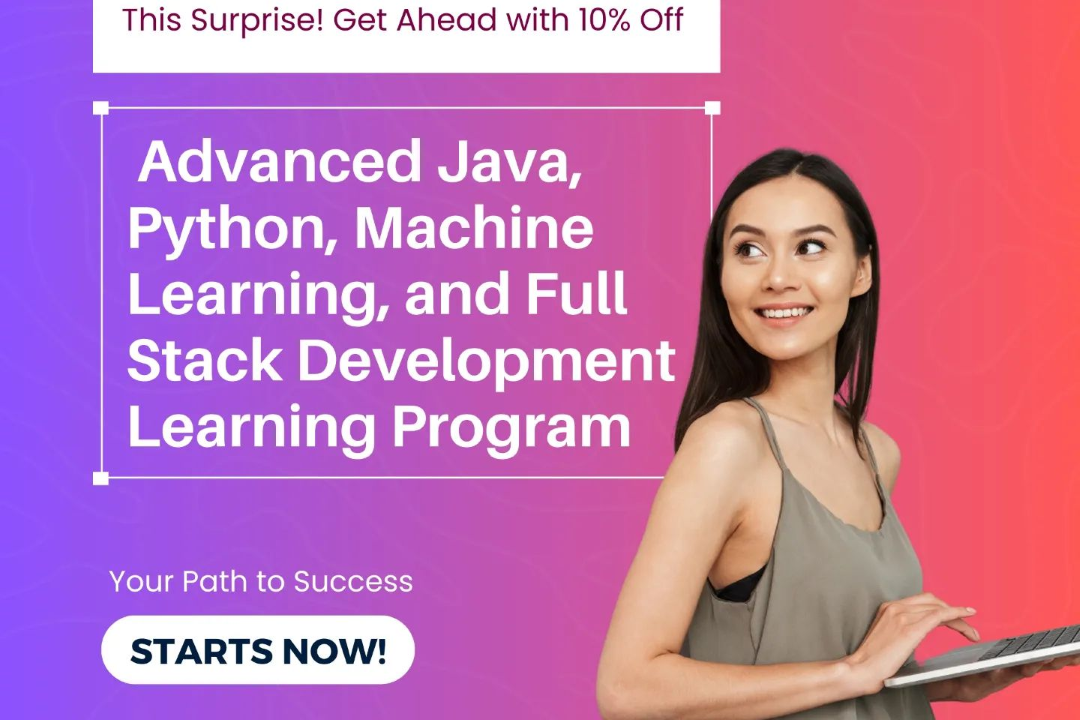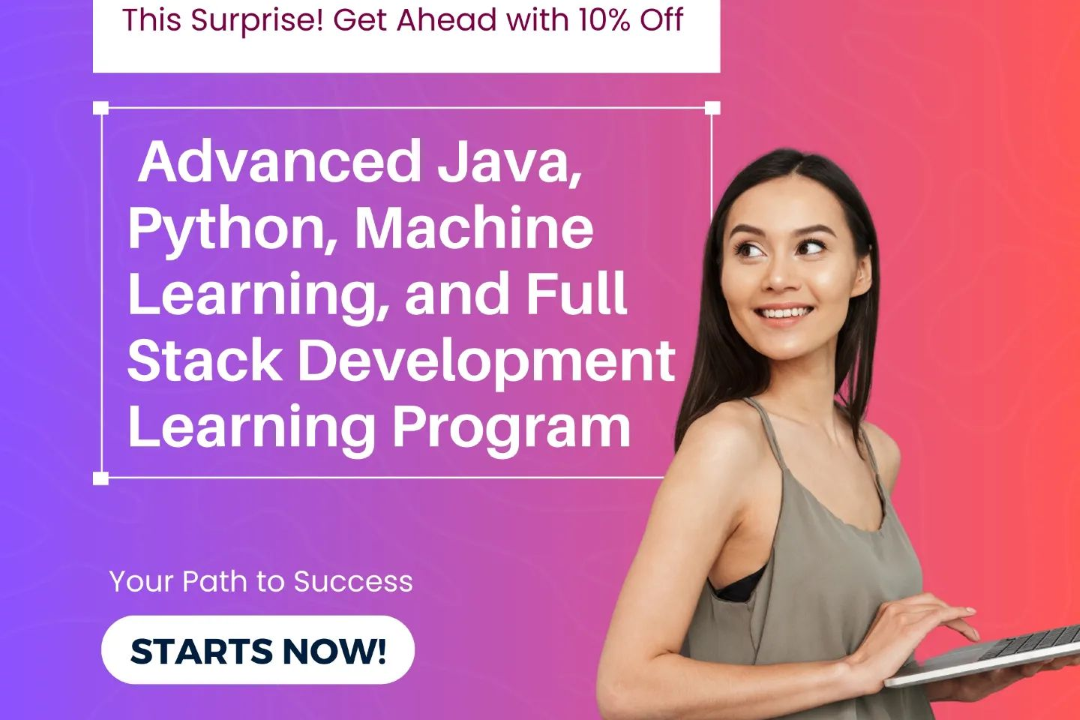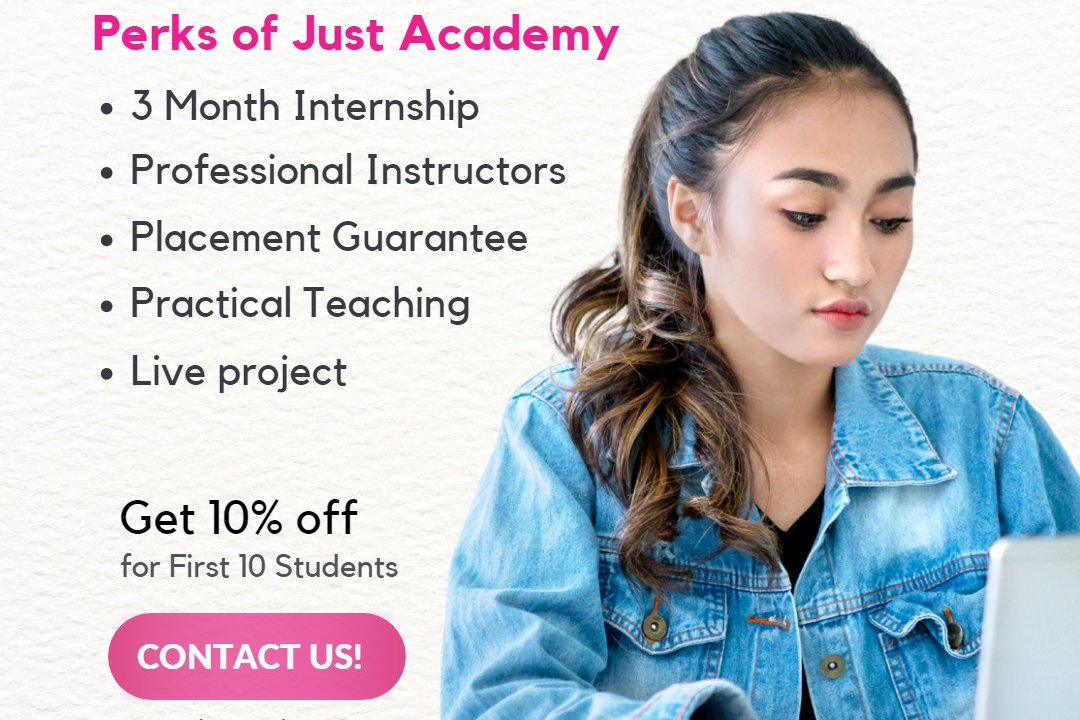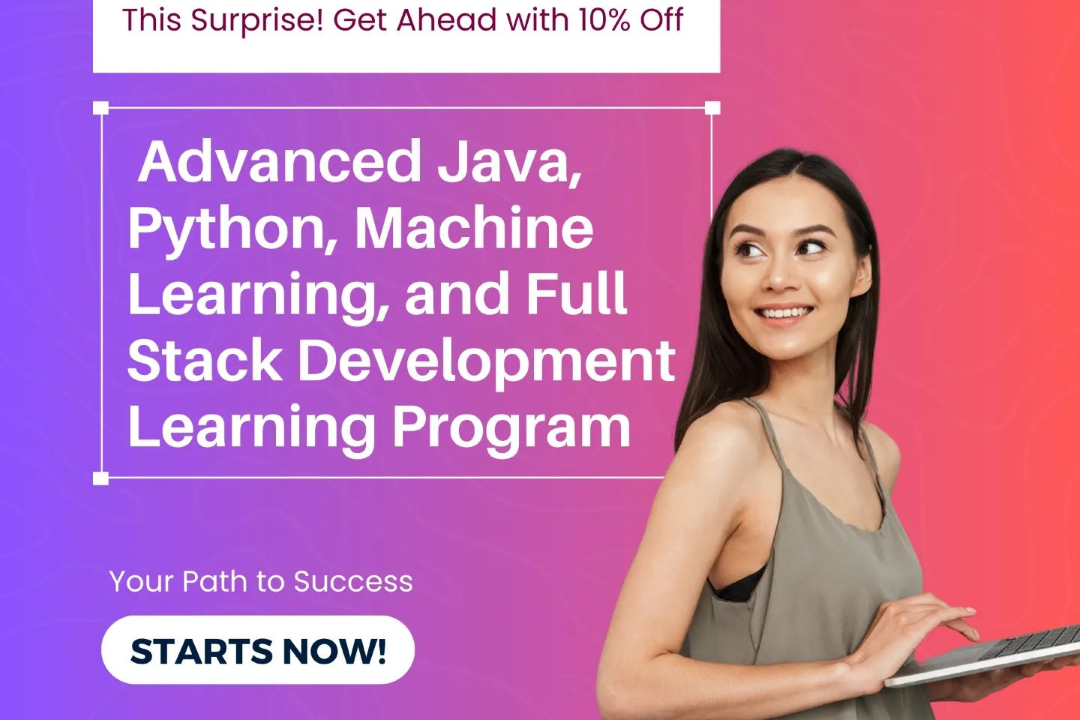Flutter Interview Questions
Flutter interview questions are a set of inquiries aimed at evaluating a candidate's knowledge and s
Flutter Interview Questions
Flutter interview questions are essential for assessing a candidate's proficiency in Flutter development, encompassing various topics such as widget architecture, state management, and performance optimization. These questions help interviewers identify not only a candidate's technical skills but also their ability to adapt to real-world scenarios and effectively manage challenges during app development. By preparing for these questions, candidates can demonstrate their understanding of best practices in Flutter, making them more appealing to potential employers in a rapidly growing market that demands skilled Flutter developers. This preparation can lead to successful job placements and contribute to the overall growth of the Flutter community.
To Download Our Brochure: Download
Message us for more information: Click Here
Flutter interview questions are essential for assessing a candidate's proficiency in Flutter development, encompassing various topics such as widget architecture, state management, and performance optimization. These questions help interviewers identify not only a candidate's technical skills but also their ability to adapt to real world scenarios and effectively manage challenges during app development. By preparing for these questions, candidates can demonstrate their understanding of best practices in Flutter, making them more appealing to potential employers in a rapidly growing market that demands skilled Flutter developers. This preparation can lead to successful job placements and contribute to the overall growth of the Flutter community.
Course Overview
The ‘Flutter Interview Questions’ course is designed to equip aspiring developers with the knowledge and skills necessary to excel in Flutter interviews. This comprehensive program covers a wide range of topics, including fundamental Flutter concepts, widget lifecycle, state management, and app performance optimization. Participants will engage in practical exercises and real-world scenarios to enhance their problem-solving abilities. By exploring common and advanced interview questions, learners will gain confidence and insight into what employers are looking for in a Flutter developer. This course aims to prepare candidates effectively for successful job interviews in the competitive field of mobile app development, ensuring they stand out to potential employers.
Course Description
The ‘Flutter Interview Questions’ course offers a focused and comprehensive preparation experience for those seeking a career in Flutter development. This course delves into essential topics such as widget architecture, state management, and best practices, while also presenting a curated set of common and complex interview questions. Through practical exercises and real-time project scenarios, participants will enhance their understanding of Flutter and improve their problem-solving skills, ensuring they are well-equipped to impress potential employers and succeed in job interviews within the dynamic mobile app industry. Join this course to boost your confidence and take a significant step towards landing your dream Flutter developer role.
Key Features
1 - Comprehensive Tool Coverage: Provides hands-on training with a range of industry-standard testing tools, including Selenium, JIRA, LoadRunner, and TestRail.
2) Practical Exercises: Features real-world exercises and case studies to apply tools in various testing scenarios.
3) Interactive Learning: Includes interactive sessions with industry experts for personalized feedback and guidance.
4) Detailed Tutorials: Offers extensive tutorials and documentation on tool functionalities and best practices.
5) Advanced Techniques: Covers both fundamental and advanced techniques for using testing tools effectively.
6) Data Visualization: Integrates tools for visualizing test metrics and results, enhancing data interpretation and decision-making.
7) Tool Integration: Teaches how to integrate testing tools into the software development lifecycle for streamlined workflows.
8) Project-Based Learning: Focuses on project-based learning to build practical skills and create a portfolio of completed tasks.
9) Career Support: Provides resources and support for applying learned skills to real-world job scenarios, including resume building and interview preparation.
10) Up-to-Date Content: Ensures that course materials reflect the latest industry standards and tool updates.
Benefits of taking our course
Functional Tools
1 - Flutter SDK
The Flutter Software Development Kit (SDK) is the core tool used in this course, allowing students to create cross platform mobile applications. It includes essential libraries and tools for composing, compiling, and debugging applications on both Android and iOS platforms. With real time project implementations, learners gain hands on experience with the Flutter framework, understanding its architecture and how widgets come together to build engaging user interfaces. The SDK also offers features like Hot Reload, which speeds up the development process by allowing developers to see changes in real time.
2) Dart Language
Dart is the programming language behind Flutter, and understanding it is crucial for mastering the course. Students will delve into Dart's syntax, features, and paradigms, learning how to write efficient and effective code. The course covers key concepts such as asynchronous programming, data structures, and object oriented design. By mastering Dart, learners are equipped to leverage Flutter's capabilities, allowing them to build responsive and high performance mobile applications.
3) Visual Studio Code
Visual Studio Code (VS Code) is the highly regarded integrated development environment (IDE) utilized in this course. With its user friendly interface, robust extensions, and built in debugging tools, VS Code enhances productivity for Flutter developers. Students will learn to customize their workspace, utilize version control with Git, and integrate various plugins specific to Flutter development. With support for IntelliSense features, learners can write code more efficiently, which reduces errors and increases development speed.
4) Android Studio
Android Studio is an essential tool provided in the course for Android application development and offers advanced features such as code editing, debugging, and performance profiling. Students will gain familiarity with Android Studio's interface, including the layout editor and emulator capabilities. Understanding how to navigate this tool is crucial for students looking to deploy their Flutter applications specifically on Android devices, as well as providing insight into native Android development fundamentals.
5) Firebase
Firebase is a comprehensive platform that offers backend solutions for Flutter applications. The course introduces students to Firebase's various services, including authentication, Firestore database, and cloud functions. Understanding how to integrate Firebase into Flutter projects enables learners to implement features like real time database updates, user authentication, and cloud storage. This knowledge prepares them for developing scalable applications and understanding backend concepts that are often discussed in technical interviews.
6) Postman
Postman is a powerful tool used for API development and testing, which students will utilize for understanding how to connect their Flutter applications to external services. Participants will learn how to use Postman to send requests, analyze responses, and structure APIs effectively. This hands on experience is invaluable as it equips learners to handle API related questions and challenges that frequently arise in interviews, solidifying their understanding of how frontend applications interact with the backend.
Certainly! Here are additional points to enhance the various aspects of the Flutter course offered by JustAcademy:
7) State Management Solutions
Understanding state management is crucial for building scalable and maintainable applications in Flutter. The course covers popular state management approaches, such as Provider, Riverpod, Bloc, and GetX. Students will learn how to manage the application state efficiently, ensuring a seamless user experience. By implementing these patterns in real time projects, learners will be better prepared to tackle state management challenges in their future applications and interviews.
8) Responsive Design
With the increasing variety of devices and screen sizes, building responsive applications is essential. The course emphasizes creating adaptive layouts using Flutter’s built in widgets and layout techniques. Students will explore concepts like MediaQuery, LayoutBuilder, and AspectRatio, ensuring their applications look great on any device. This skill is particularly beneficial for full stack developers, as they often need to design user interfaces that cater to different platforms.
9) Testing and Debugging
Quality assurance is a vital part of the software development lifecycle. The course includes teachings on testing techniques in Flutter, such as unit testing, widget testing, and integration testing. Students will learn how to write effective test cases, utilize Flutter’s testing framework, and debug their applications using debugging tools provided in VS Code and Android Studio. This knowledge equips learners to ensure the reliability and performance of their applications.
10) Deployment and Distribution
Deploying a mobile application successfully is critical for real world application development. This course guides students through the steps required to prepare their Flutter applications for deployment on both the Google Play Store and Apple App Store. Learners will discover best practices for code signing, optimizing app performance, and adhering to store guidelines, making them adept at launching applications in a professional setting.
11 - Integration with RESTful APIs
Many applications rely on communication with RESTful APIs. The course includes practical exercises to help students learn how to call APIs, manage JSON data, and handle errors effectively. By integrating real time data into their projects, learners gain the insight necessary for dynamic application development, making them competitive in the job market.
12) Third Party Libraries
Flutter’s ecosystem includes a wide range of third party libraries that can significantly enhance application functionality. The course covers how to effectively use popular packages available on Pub.dev, helping students to implement features like image loading, animations, and networking more easily. This knowledge provides learners with a toolkit for quickly adding advanced functionality to their projects.
13) User Experience (UX) Principles
Beyond just coding, understanding user experience design is paramount for building applications that engage users. The course introduces students to key UX principles, including usability testing, user flows, and interface design. Learners will explore how to apply these principles in their Flutter applications, ensuring they deliver intuitive and user friendly experiences.
14) Collaboration Tools
Effective collaboration is essential when working on development teams. The course familiarizes students with using platforms like GitHub for version control and teamwork. They will learn best practices in managing code repositories, pull requests, and issue tracking, preparing them for real world software development environments where teamwork is crucial.
15) Portfolio Development
As part of the course, students are guided to showcase their skills through a portfolio of projects. This portfolio includes their personal contributions and real time projects completed during the course. Guidance on how to present projects effectively to potential employers equips learners with assets to enhance their job applications and interviews.
16) Career Guidance and Job Preparation
In addition to technical training, the course provides career guidance, including resume building workshops, interview preparation sessions, and networking strategies. These resources ensure that students not only learn how to build applications but also prepare for their future careers in technology, increasing their chances of landing desirable positions in the job market.
Each of these points contributes to a well rounded and thorough teaching experience for students pursuing Flutter development at JustAcademy, ensuring they are well prepared for the demands of the industry.
Browse our course links : Click Here
To Join our FREE DEMO Session: Click Here
This information is sourced from JustAcademy
Contact Info:
Roshan Chaturvedi
Message us on Whatsapp: Click Here
Email id: Click Here
